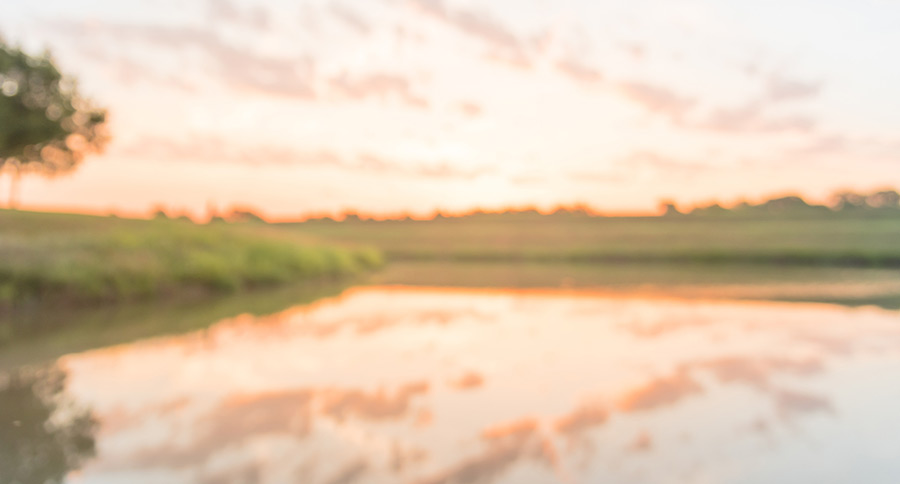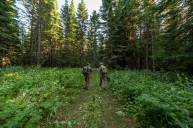It gets asked periodically, but we've made up our minds on the state that represents the number one outdoorsman mecca.
It's on-going and never really settled: What state represents America's greatest outdoorsman paradise?
This sort of question gets brought up a lot, and the opinions some experts have shared are worthy of the credit they're given. Some would say Colorado for the hunting and fishing amongst its mountains, others might chime in with Florida because of the angling history, and still others would say Alaska, the Last Frontier, is the only real outdoorsman mecca America can claim.
But the way we refer to "the outdoors" is shifting. Though there's been a slow down in the population increase of big cities, many of us still reside close enough to a metro area that finding outdoor activities becomes a real journey.
What we don't want to do is travel far, spend more, and suffer the consequences of trying to enjoy the outdoors, but those things are getting harder and harder to avoid. There's nothing worse than seeing your one camping weekend a season get rained out, or getting skunked on the deep sea fishing trip you scheduled months in advance.

We don't expect guarantees, but you can only learn so much from a lost opportunity. That's part of why our choice for the best outdoor state isn't exactly an obvious pick. It provides a lot of chances to do some very versatile things in the outdoors, but it might not be a popular determination.
If we're talking about variety, availability, and uniqueness of hunting, fishing, and other outdoor activities, then we've got a good idea of what would be at the top of the list. Some of you aren't going to like it, but you've got to hear us out before really forming an opinion.
There are gripes about this state, and we'll try to address the ones that deserve it. But keep in mind that this is also the state we're most familiar with, and have explored its outdoor opportunities more than any of the other 49.
Our pick for the state that's America's number one outdoor mecca is...
Texas
Why the Lone Star State? We've got plenty of reasons, and they begin with that variety we alluded to earlier. In one place, you're able to bay fish for flounder, sit in a blind for a hog hunt, and spot and stalk a free-ranging exotic species.
You can do all of that in Texas, plus plenty more.
Our own excursions over the years have led us to seek out whitetail deer (on public and private land), feral hogs, Rio Grande turkeys (there are Easterns here as well), duck, quail, pheasant, chukar, dove, and even exotic, free-ranging aoudad.
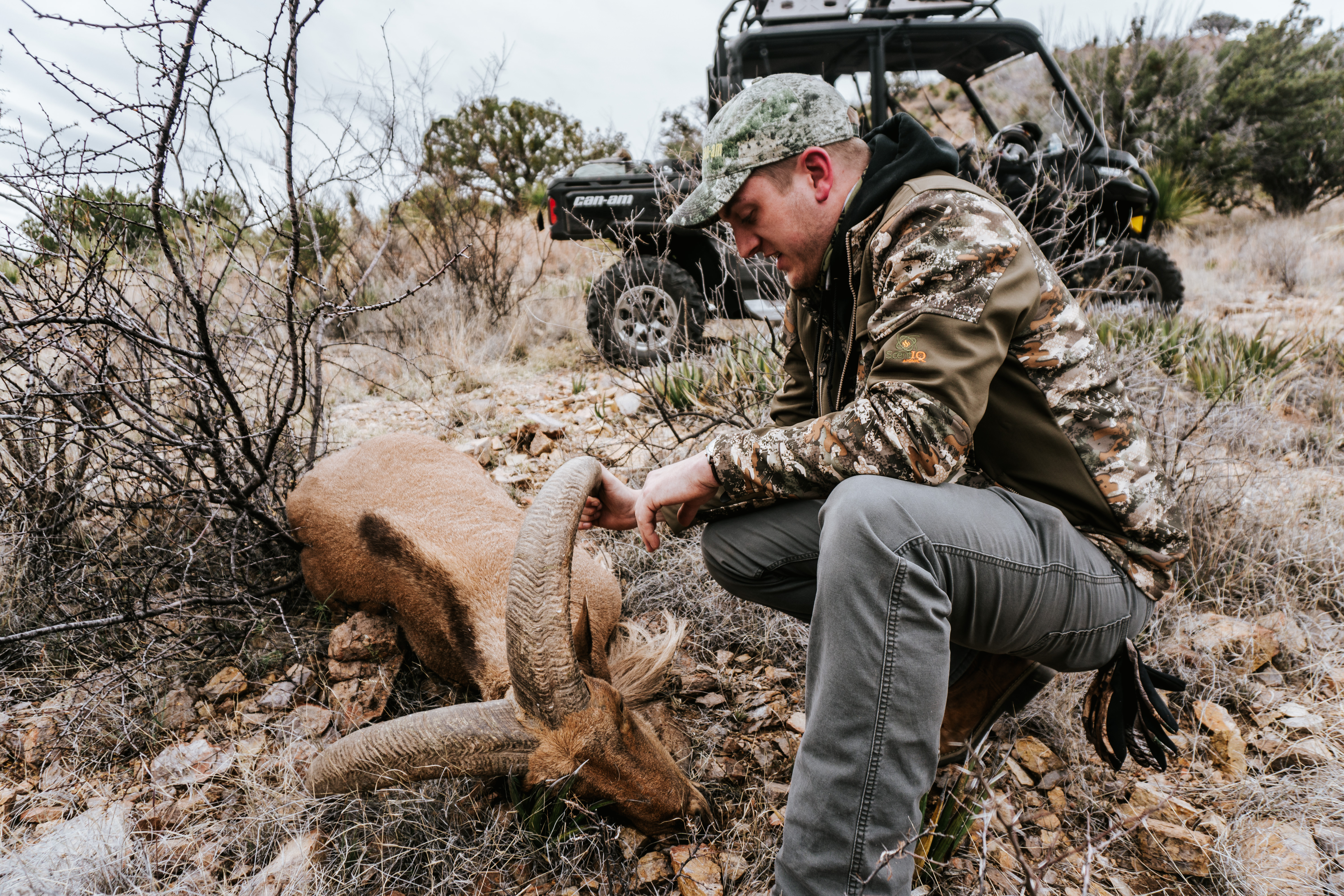
On the water side, Texas is obviously home to a large coastline on the Gulf of Mexico, but is also where quite a few legendary bass lakes can be found. There's a rich river and kayak fishing culture, but the bass and the bays keep most anglers busy almost year round.
It's also the only state where the Guadalupe Bass can be found, a unique species that's much like a largemouth, with a little more green coloring and lines formed by spots running down the white belly. They don't grow too big but are known to take good advantage of water current, translating to a hell of a good time trying to reel them in.
But the Guadalupe Bass is just the tip of the iceberg. In this one state, you can land a massive redfish out of a back bay, a flounder from a boat, and a shark from the beach. Head inland and the opportunities continue: pull some catfish off a trotline, find a trophy bass on Lake Fork, or cast into the Trinity River for a shot at catching a living fossil: the alligator gar. These massive heavyweights can grow close to ten feet long and weigh up to 350 pounds. You're gonna need some stout tackle to go after an alligator gar!
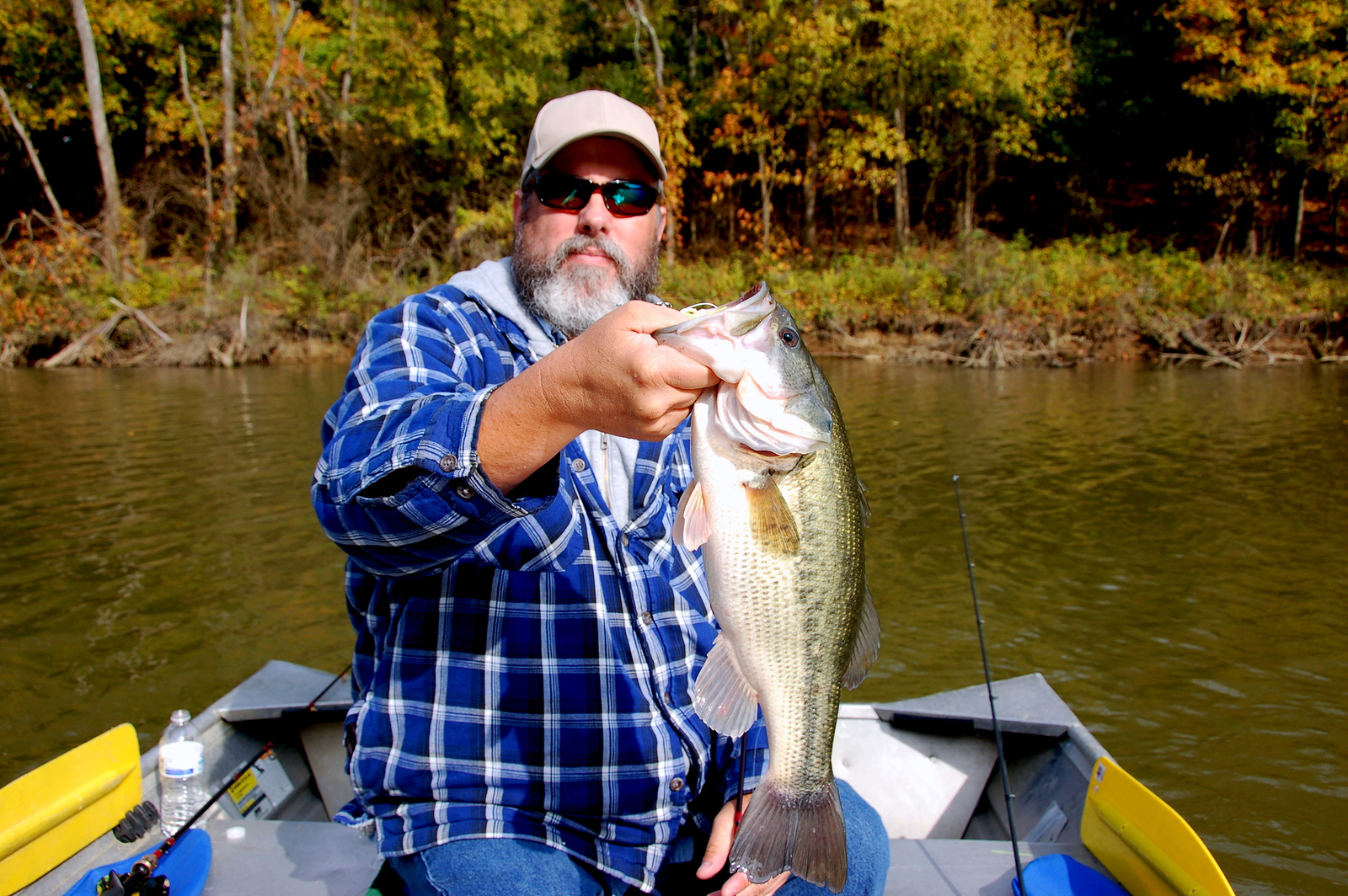
The Texas Parks and Wildlife Department does, in our opinion, a pretty fantastic job considering what they're given to work with. They deal with a lot, and we think the regulations put forth and the processes used to put them in place are about as good as can be expected in today's bureaucratic deluge of politics and differing opinions. The TPWD mostly gets things done, and they go about it in the right ways.
There's one National Park, Big Bend in west Texas, that deservedly earned its status as one of the most beautiful places in the South. More mountainous than the rest of the state, the area near the Texas-Mexico border is home to an abundance of wildlife, not to mention fantastic hiking and camping.
There aren't a huge number of outdoor brands and organizations in the Lone Star State, but the ones that are here have made a pretty big impact. YETI Coolers and Academy Sports + Outdoors were started in Texas, and the Texas Trophy Hunters Association helps serve as "The voice of Texas hunting" through the promotion, protection, and preservation of Texas' wildlife resources and hunting heritage for our future generations.
The Coastal Conservation Association (CCA) started in Texas, is headquartered in Houston, and does some of the most meaningful (yet unsung) work shifting the plight of both red drum and speckled trout, not to mention the habitats they live in. Chapters have sprung up across the country, the but origin of the CCA is Texas' own.
In all fairness...
We're sure there are some of you arguing with us in your heads, so we'll try to at least acknowledge some of your concerns about Texas representing all that's great about the outdoors.
For one, there's a lot of private land here, which means there's very little public land. It's an almost instantaneous fact brought up by people familiar with the circumstances. But you know what? Public land hunting and fishing opportunities most certainly exist in Texas, and they're just as good as some other state's.
Sure, having a buddy with a private bass pond (more likely than you'd think) or a big ranch (entirely possible) is advantageous for a Texas outdoorsman, but that's not a foreign concept in the rest of the country.
Think about it this way: you're not going to quickly find a world class whitetail on a little patch of state forest land in the Midwest, and it's not easy to stumble upon an elk hunting honey hole when you're hunting public in Idaho. It is possible, but so is doing the equivalent in Texas.
All of these stars on this image, taken from the TPWD's interactive map, shows a public hunting spot. All told, there are more than 1 million acres available to a public land hunter.
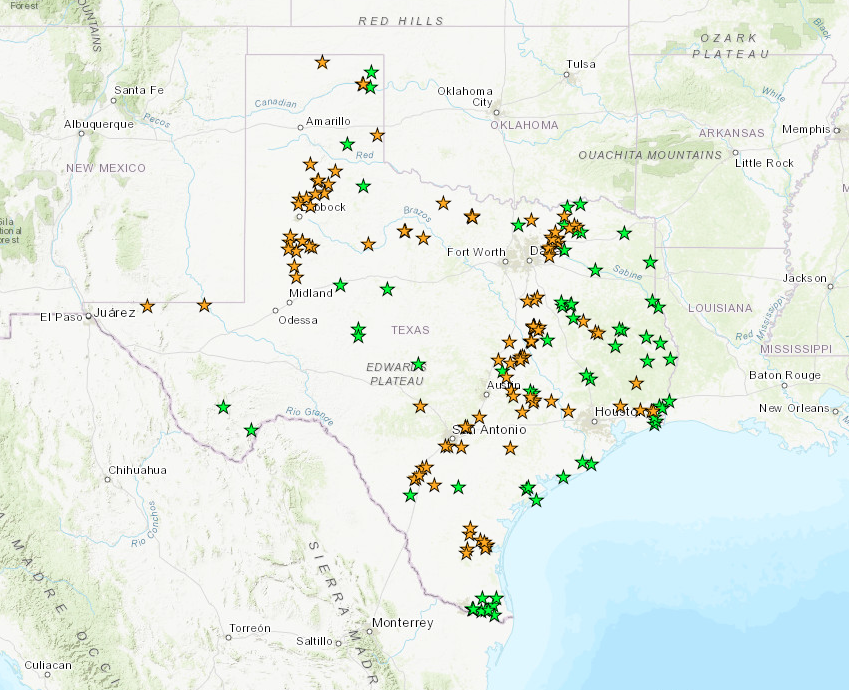
TPWD
Public land hunting involves work, timing, and due diligence in Texas, just like it does in other states. But it is there for the taking.
What about the propensity of high-fence hunting, and the legality of baiting deer and other big game in Texas? Those are decision each sportsman and woman makes on their own, and they should always stay within the laws of their state, but we say to each their own. The idea of hunting an exotic species behind a fence doesn't excite me, but if you're interested in that, there are plenty of places outside of Texas where you can do it too.
The way I see it, if someone's able to make money on something because others are willing to spend it, who am I to stop them? When issues of disease and safety come up, I hold back a bit, but ultimately a deer pen hunt doesn't hurt me, and it shouldn't affect what I'm doing.
If you're using feeders to attract wildlife, you're evening the playing field, but you're still hunting. When the pressure mounts and the shot presents itself, you've still got to perform. The same goes for a stocked bass pond. They still have to be hooked and landed, and you're almost guaranteed to have a good time with lots of action.
Another argument against Texas being an outdoor haven is the number of big (and growing) cities. Houston and Dallas come to mind first, but Austin and San Antonio are among the fastest growing areas in the country in terms of population.
And sure, you've got to drive a ways away from those towns to get true and meaningful wilderness, but if you've ever driven through a number of small Texas towns, you know there's still plenty of wide open space in this state. Plus, there are plenty of green pockets in urban and suburban areas that help Texas preserve its natural beauty and appreciate it for what it can do.
In Austin, for example, a hike through any of the greenbelts within the city limits gives you a chance to escape the noise and rush of a big metropolis. There are city park creeks I can fly fish less than five minutes from my downtown office, and another ten minutes gets me into what could be mistaken for a backcountry flow in the foothills of the mountains.
At the end of the day, if you can think of an outdoor activity, odds are you can do it within the borders of Texas, and do it right. There may be few similarities between it and Wyoming, or it and New York, but many of the things you can do there can be found in Texas. There's pronghorn and elk hunting up north and out west, and you can trout fish for rainbows in plenty of Texas streams.
We made our choice partly because it's where we make our home, but shouldn't everyone be proud of and enjoy the state they live in? If getting outdoors and taking advantage of what we all love as sportsmen is important to you, Texas is a pretty darn good place to be.
What do you think? Did we make a fair choice, or do you have a bucket of arguments? Either way, let us know on Facebook.
NEXT: ONE HUNT TO TRY IN EACH OF THE 50 STATES
WATCH
